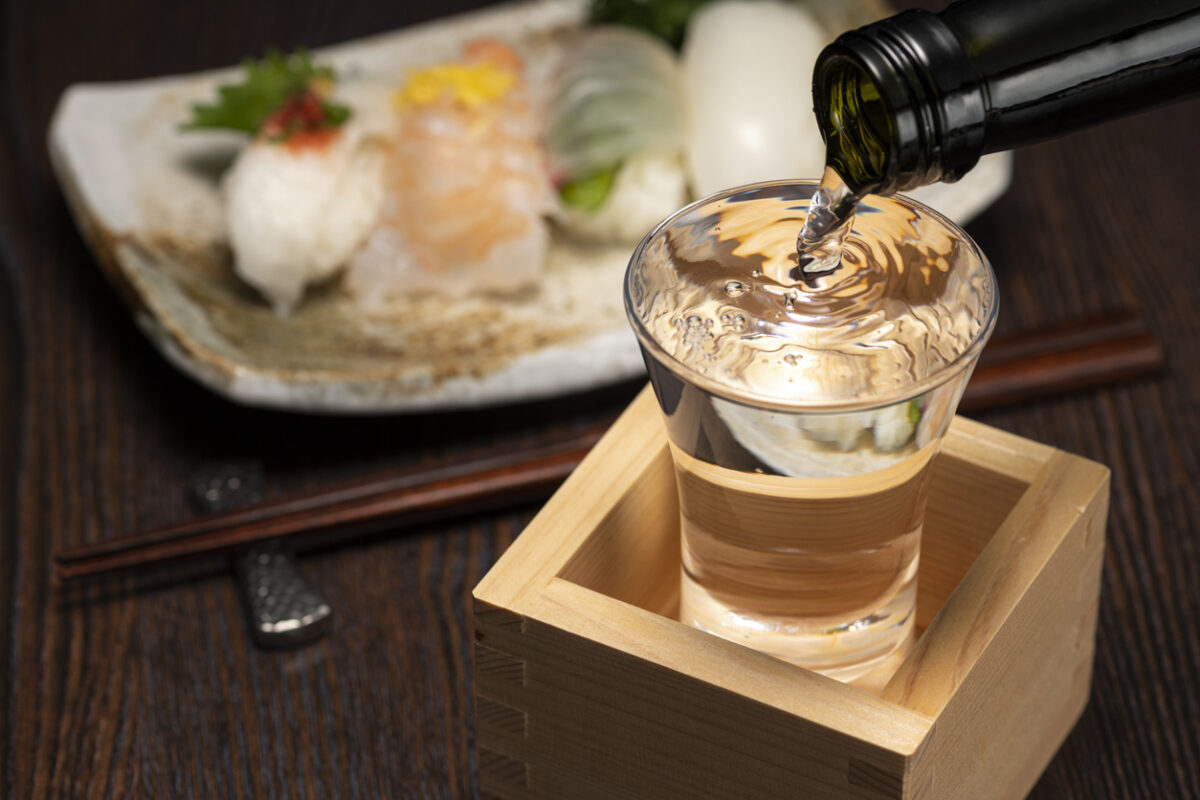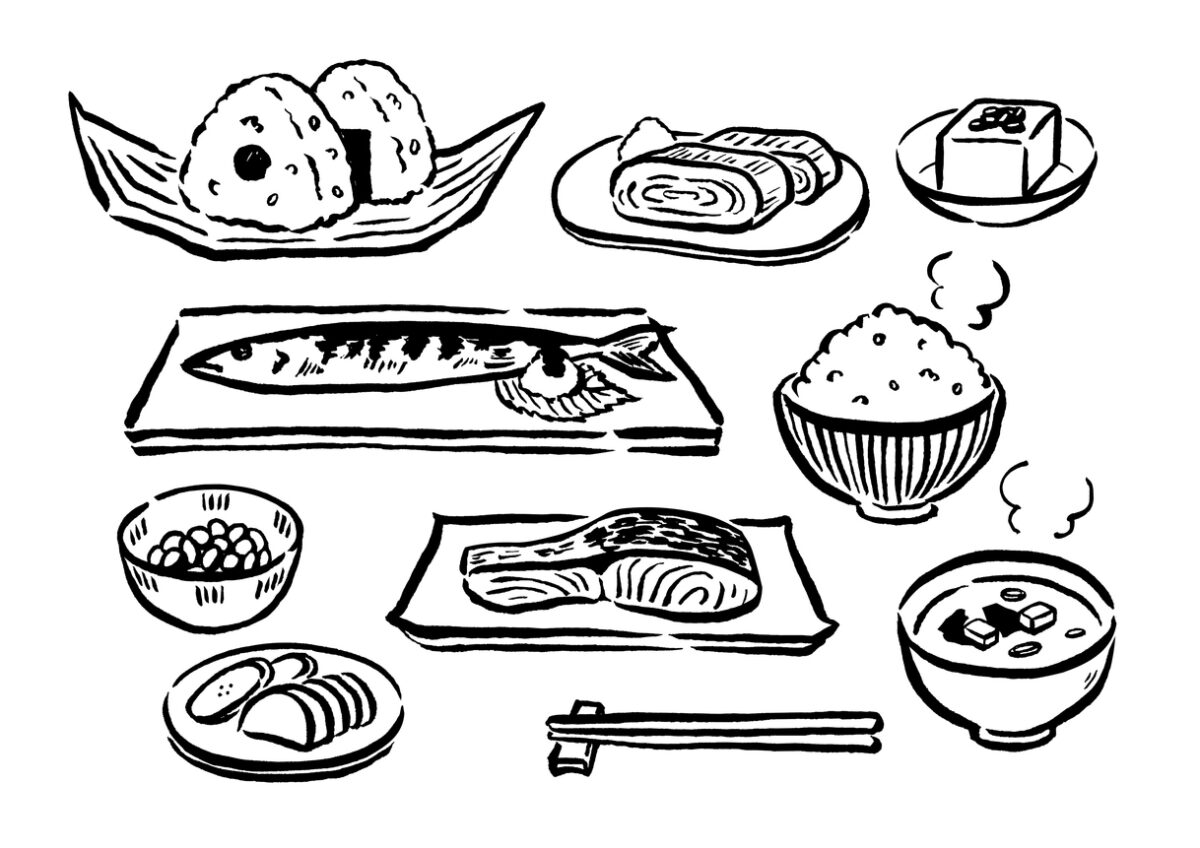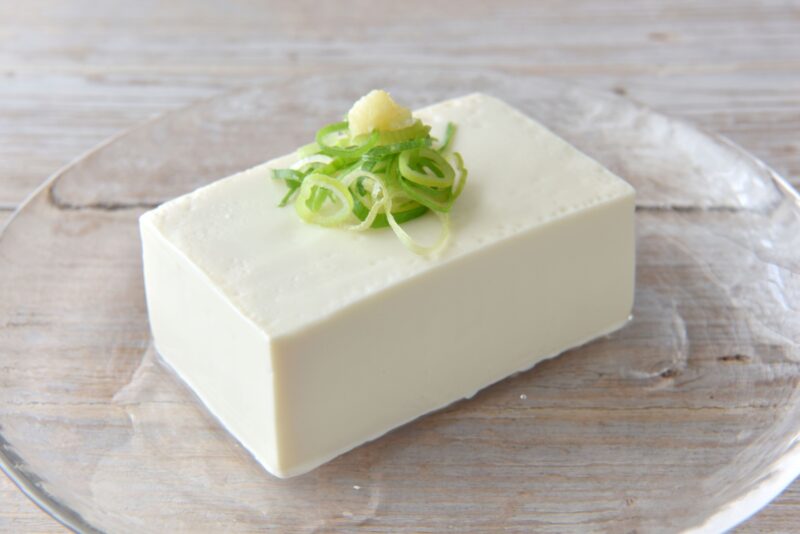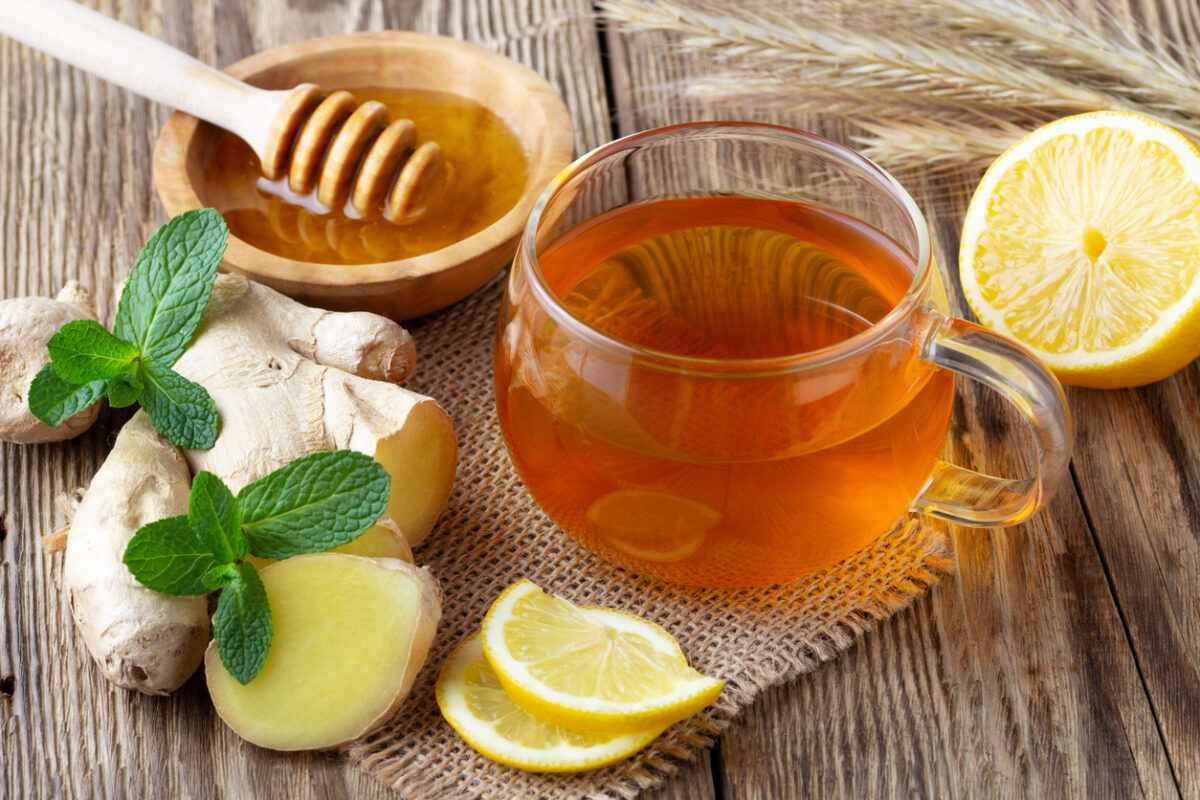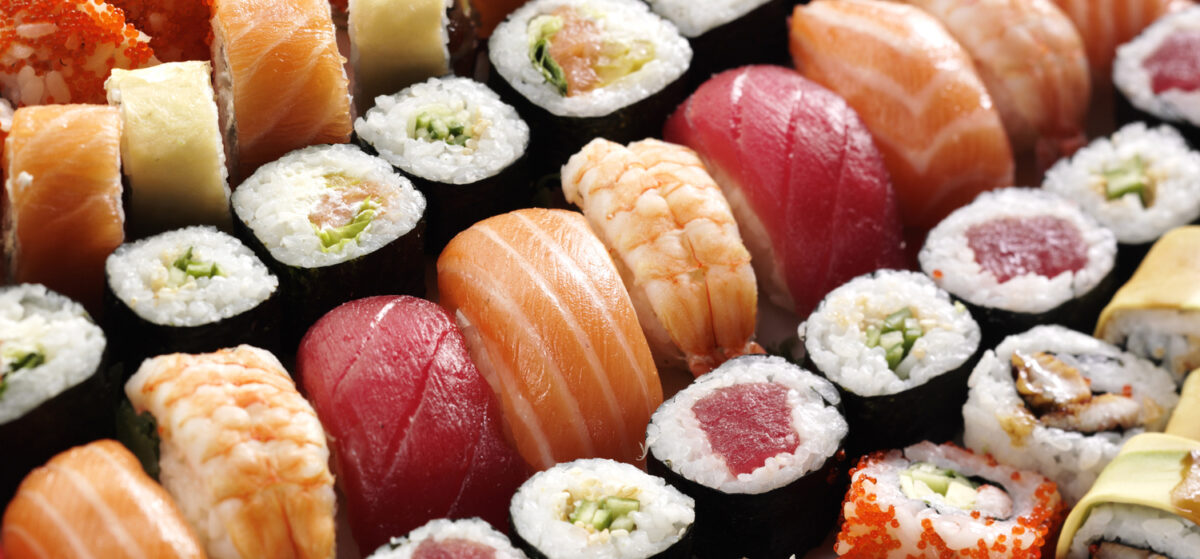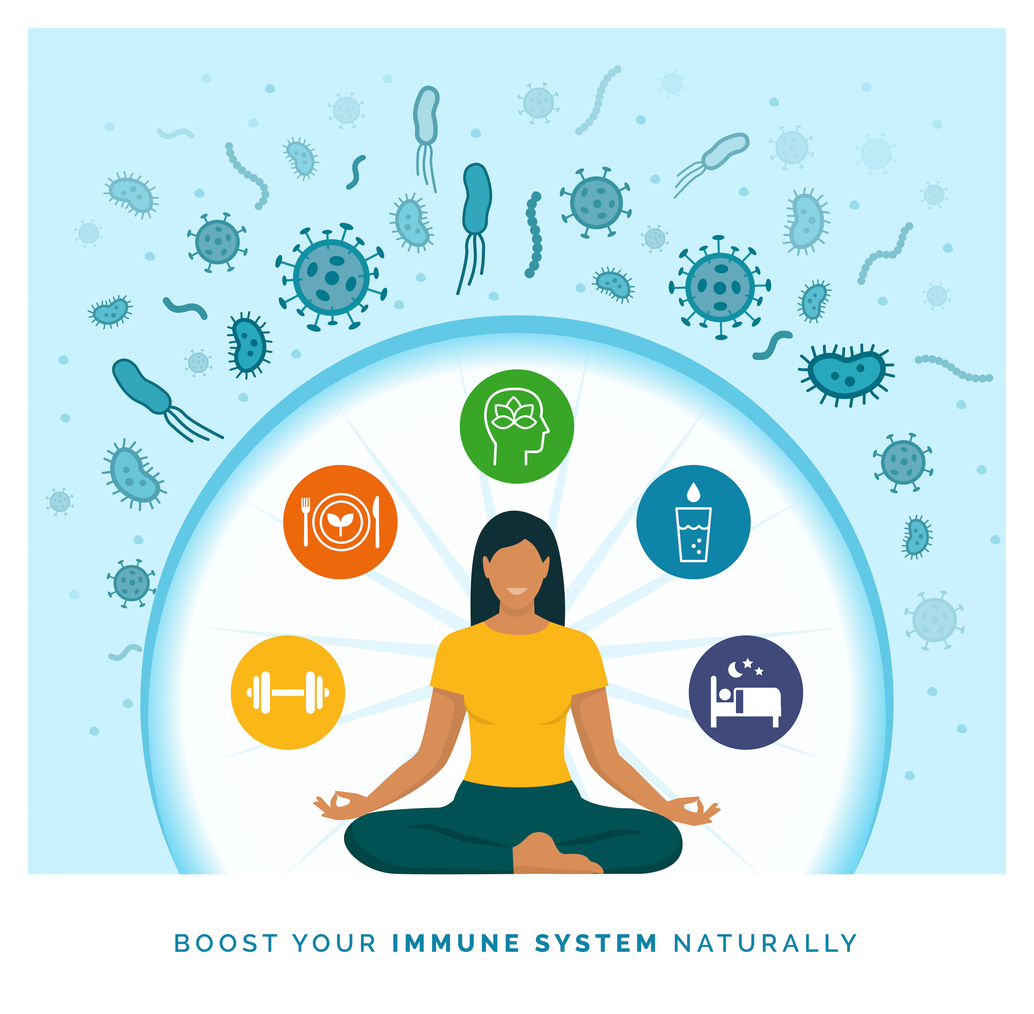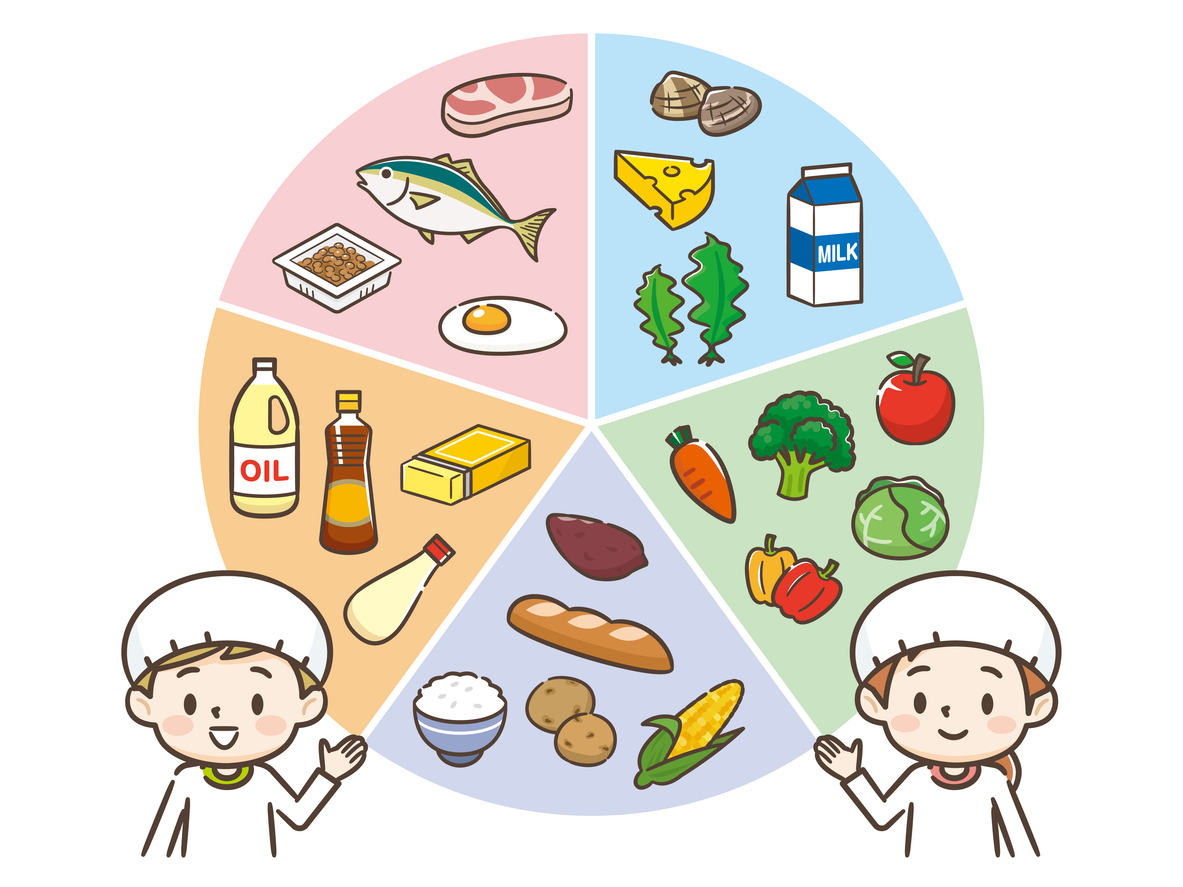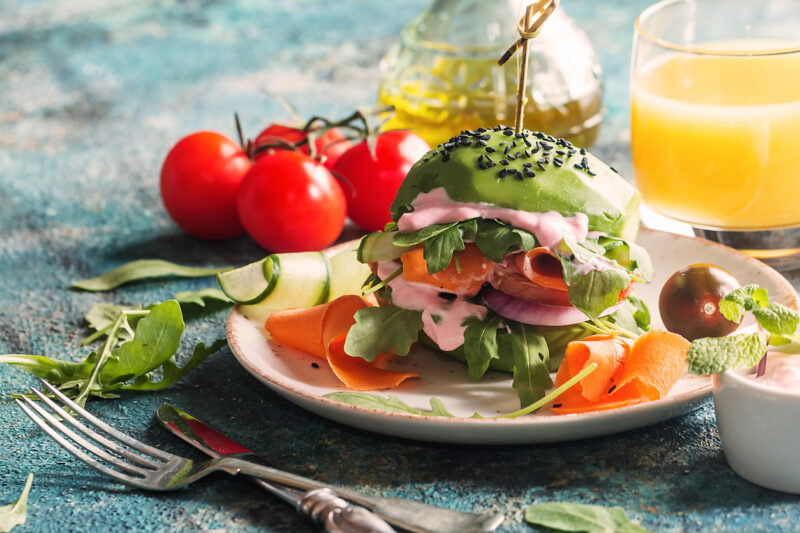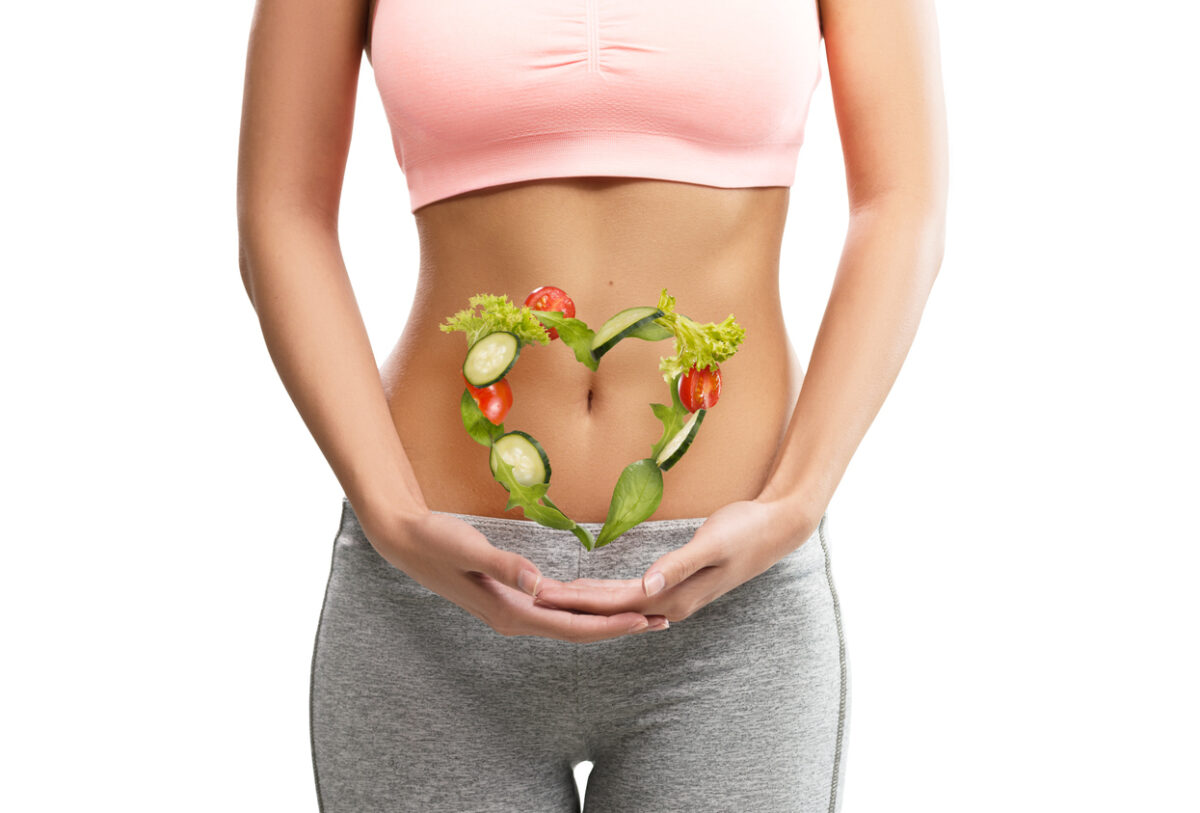The Nutritional Profile of Japanese Sake
Japanese sake, a traditional rice wine, offers more than just a pleasant drink. Its ingredients, polished rice and water, provide key nutrients. Sake contains amino acids, which help with cellular repair and immune function. It also includes small amounts of vitamins such as niacin and riboflavin. While it does have calories due to alcohol content, sake is free from fat and cholesterol, making it a lighter option compared to other alcoholic beverages.
Sake also contains a type of sugar that the body easily digests. This feature makes it a great source of quick energy when consumed in moderation. Its natural fermentation process enhances its nutrient profile, providing potential health benefits beyond basic nutrition.
Antioxidants in Sake: A Boost for Your Health
Antioxidants are a major benefit of drinking sake. During fermentation, sake develops compounds like ferulic acid and squalene. These antioxidants combat free radicals, which cause oxidative stress and damage cells over time. By neutralizing these harmful molecules, antioxidants help reduce the risk of chronic conditions like heart disease and cancer.
Japanese researchers have found that sake may help improve skin health. The antioxidants protect skin cells from aging caused by UV exposure. Squalene, in particular, hydrates the skin and promotes elasticity. As a result, sake-based skincare products are gaining popularity globally.
If you’re curious to learn more about the science of antioxidants, this article by Healthline offers a great overview.
Sake and Digestive Wellness: How Fermentation Plays a Role
Fermented foods are known for aiding digestion, and sake is no exception. The fermentation process creates enzymes that support the breakdown of proteins and carbohydrates. Drinking sake with a meal can make digestion smoother and more efficient.
Sake also contains probiotics in its unpasteurized forms, known as “namazake.” These live microorganisms contribute to gut health by balancing intestinal bacteria. A healthy gut microbiome supports better nutrient absorption and overall wellness.
Additionally, sake’s mild alcohol content encourages blood circulation. This can stimulate digestive processes, making it a great pairing with rich or fatty foods. To explore more about fermented foods and their benefits, check out this resource by Harvard T.H. Chan School of Public Health.
Moderation Matters: Drinking Sake Responsibly
While sake offers potential health benefits, it’s essential to consume it responsibly. Overconsumption can negate any positives and lead to health risks like liver damage or weight gain. Experts recommend no more than one to two servings per day for adults.
Drinking in moderation allows you to enjoy the nutritional and antioxidant properties of sake without overloading your system. Pairing sake with a meal can also help slow alcohol absorption and reduce the risk of overindulgence.
For those new to sake, start with smaller servings. Pay attention to your body’s reaction and adjust accordingly. Responsible consumption ensures sake becomes part of a healthy lifestyle rather than a detriment.
How to Incorporate Sake Into a Healthy Lifestyle
Sake isn’t just a drink; it’s a versatile ingredient that fits into various aspects of a balanced lifestyle. Here are some ways to incorporate it:
- In Cooking: Use sake as a marinade for fish or meat. Its enzymes tenderize proteins and add a subtle umami flavor.
- Pairing with Food: Sake pairs well with lean proteins, vegetables, and fermented foods like miso soup or pickles. This enhances both taste and nutritional benefits.
- In Moderation: Savor sake during special occasions or as part of a mindful dining experience. Choose high-quality brands for maximum flavor and potential health benefits.
For those concerned about alcohol, non-alcoholic sake alternatives offer the same rich taste without the intoxicating effects. These beverages allow you to enjoy the tradition and flavor while avoiding alcohol-related risks.
Embracing sake as part of your wellness journey connects you to centuries of Japanese culture. With its unique nutritional profile and health benefits, sake can be enjoyed as more than just a drink. By practicing moderation and mindful consumption, you can make the most of this traditional beverage.
Take the benefit of fermented isoflavone through our supplement
Juveriente®’s Effisoy, launched in 2016, based on fermented soy bean germ extract has been loved as a natural menopause relief since its launching in 2016.
Its primary function is to boost the weakened synthesis of a hormone precursor, DHEA. It helps the precursor, DHEA. Rebalancing the precursor will eventually recover your hormones in line with your natural balance. It will help you refresh your various functions for your beauty.
Here are some of the real product reviews in our Amazon shop.
“Restful sleep finally!!”, “I Am Now Free of Hot Flashes!!”, “Lifesaver”



